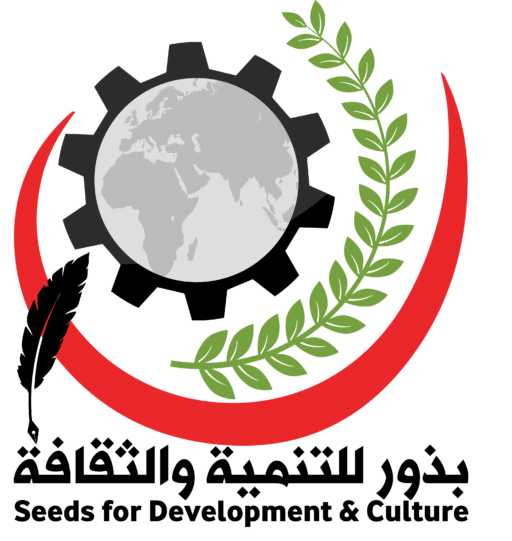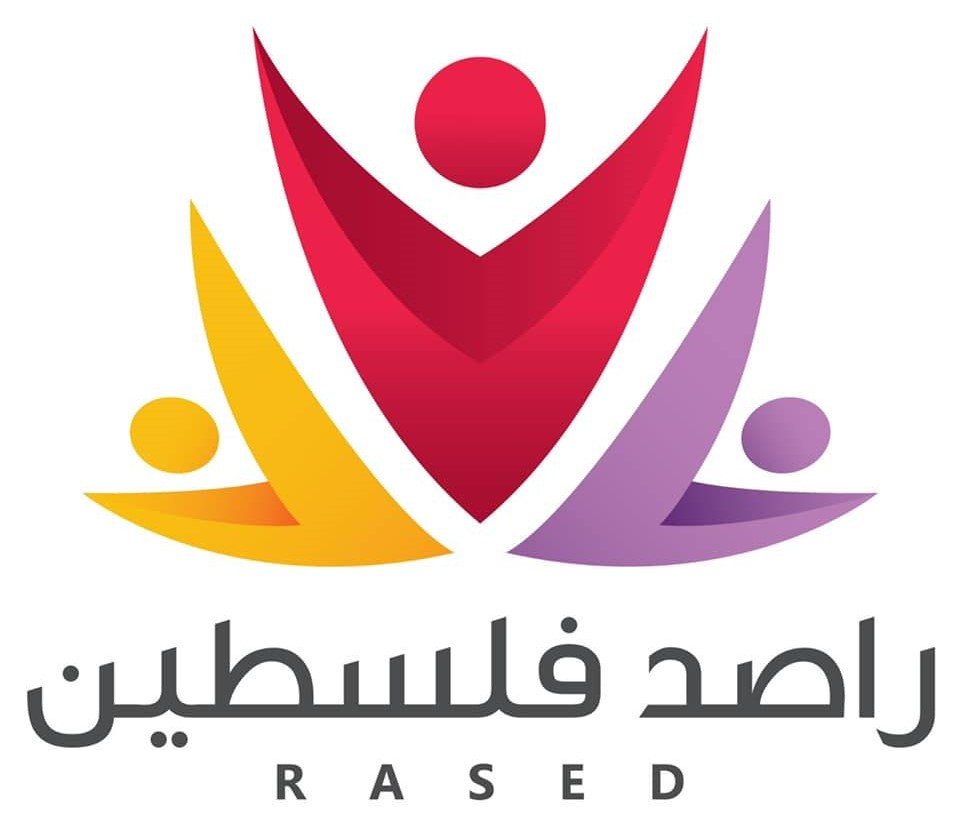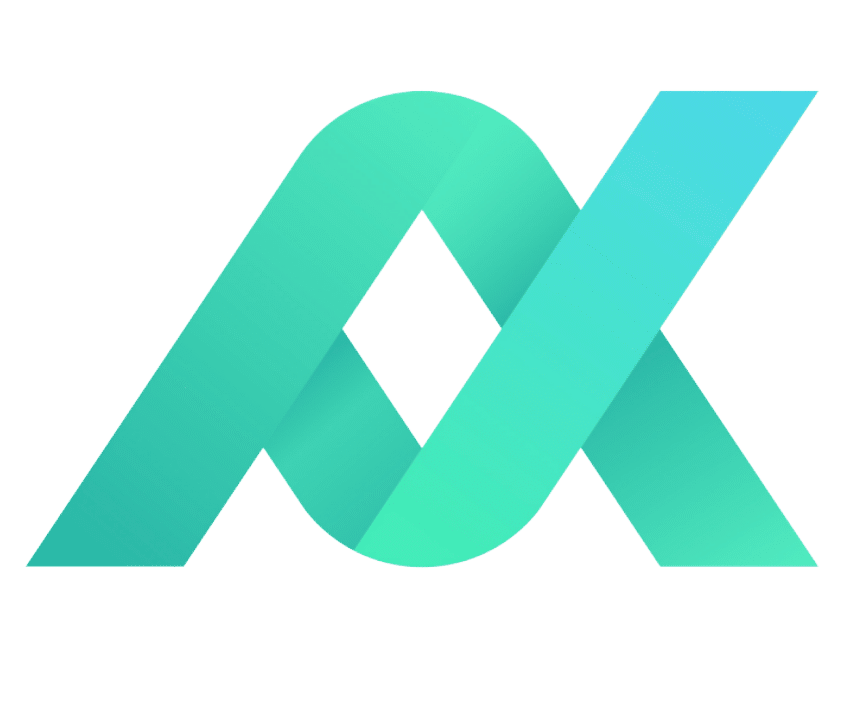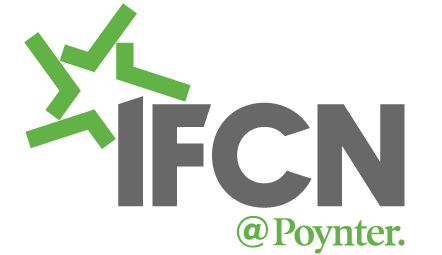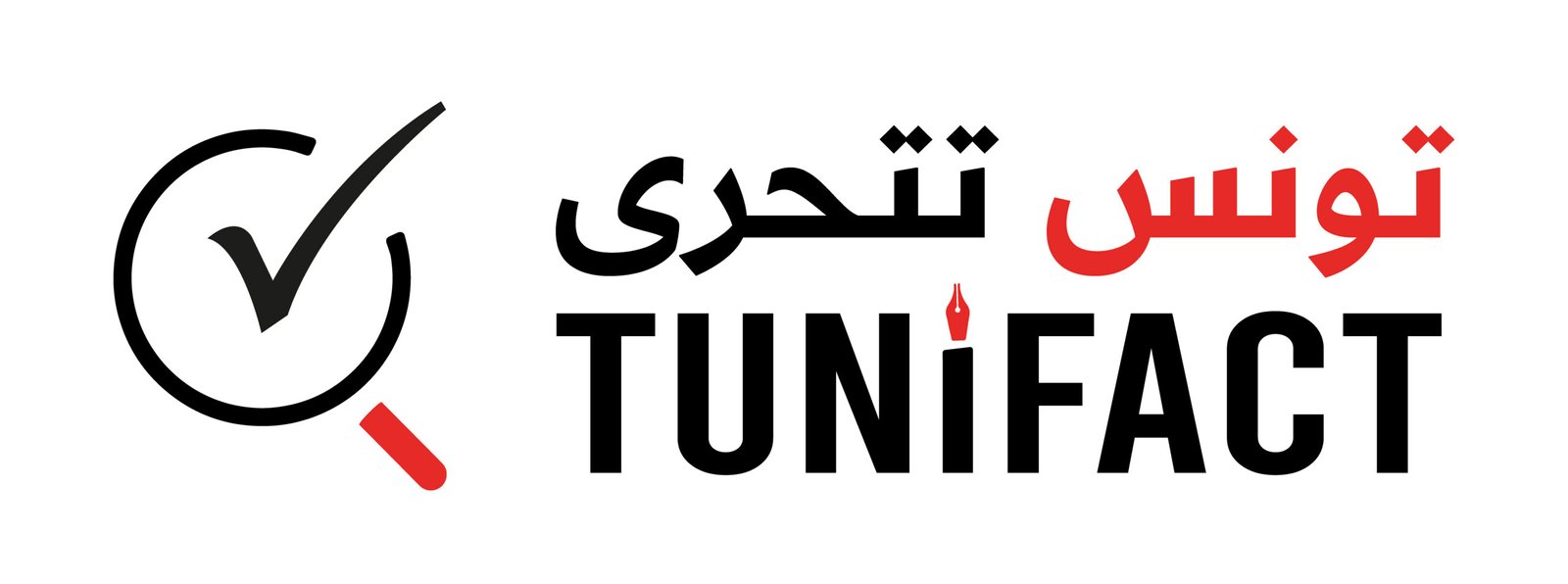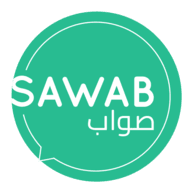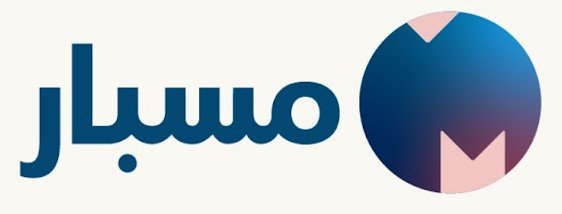About us
About us:
The Palestinian Observatory for Fact-Checking and Media Literacy – Tahaqaq is the first and pioneering platform in Palestine dedicated to fact-checking and fostering media literacy. Founded in 2015 by journalist and fact-checking researcher Bakr Abdelhaq, the platform aimed to combat misinformation and disinformation circulating on Palestinian social media.
In 2020, Tahaqaq was rebranded as “Tahaqaq-Kashif” through a collaboration with “Shahid Center for Citizen Rights and Community Development”. This partnership integrated Tahaqaq into the center’s media programs until mid-2022, when both entities agreed to operate independently once more. The observatory then reverted to its original name, “Tahaqaq”.
Tahaqaq is run by a team of journalists and experts specializing in fact-checking, best practices, and media literacy, alongside an Israeli affairs expert to fact-check the Hebrew content.
On October 26, 2023, Tahaqaq achieved institutional independence by securing necessary legal and financial frameworks, obtaining official licenses from the Palestinian Ministry of National Economy under Company Law No. 42 of 2021 and its amendments. It established “Deraya for Media and Digital Literacy” as a private, non-profit corporation with license number 562791186.
A cooperation agreement was signed between Deraya and Tahaqaq, designating Tahaqaq as one of Deraya’s media initiatives. The agreement guarantees Tahaqaq’s editorial independence, while committing it to implement media awareness programs, fact-checking projects, media literacy, digital rights, and combat bullying and hate speech.
Our Vision:
Enhancing the role of Tahaqaq as a leading institution in fact-checking and media literacy in Palestine, contributing to the development of a Palestinian digital environment free from misinformation and based on the free and accurate flow of information.
Our Objectives:
Enhancing Media Awareness: Empower individuals with the ability to critically read and analyze content in all its forms and from all sources, equipping them with the necessary skills to identify and fact-check misleading and false information.
Developing Information Literacy: Cultivate a culture grounded in accuracy and credibility in handling information by providing educational resources and guidance to help people understand methods of information collection and analysis.
Promoting Constructive Media Criticism: Encourage a culture of responsible media criticism, enabling individuals to critically evaluate and analyze news and information, thereby contributing to heightened public awareness and strengthening media democracy.
Enhancing Media Transparency and Credibility: Support efforts aimed at increasing the transparency and credibility of media outlets by monitoring and evaluating their performance, and providing recommendations to achieve best media practices.
Principles and Ethics Framework:
Tahaqaq operates based on fundamental principles and standards established by the Arab Fact-Checkers Network (AFCN) and the International Fact-Checking Network (IFCN). These principles include accuracy, balance, inclusiveness, integrity, clarity, neutrality, fairness, transparency in funding and organization, transparency in monitoring and sources, avoidance of source bias except in limited contexts, commitment to an open and honest correction policy, and full respect for intellectual property rights, creative commons, and copyright principles.
Furthermore, Tahaqaq adheres to the Code of Ethics of the International Federation of Journalists, adopted at the 30th IFJ Congress in Tunis on June 12, 2019, as well as the ethical principles for journalists declared in the 1954 Bordeaux Declaration. It also respects international humanitarian laws, alongside a wealth of professional and ethical standards practiced by reputable journalism and media institutions.
Tahaqaq upholds ethical standards concerning privacy rights, ethics in covering funerals and victims, and crime coverage, within its criteria for evaluating best practices in digital news pages and social media platforms.
Collaboration and Partnerships:
Since gaining independence from the Shahid Center in June 2022, Tahaqaq has initiated partnerships and collaborations with a select group of specialized civil society institutions, competent individuals, and professional journalists from various disciplines. These partnerships aim to consolidate efforts and resources towards enhancing the culture of fact-checking, media literacy, and digital practices within Palestinian society. Key partnerships include:
– Joined the Arab Network for Fact-Checkers (AFCN) in July 2022.
– Signed a memorandum of cooperation with the “Seeds” Association for Development and Culture, resulting in the successful completion of several joint projects focusing on fact-checking, media literacy, and digital rights in September 2022.
– Signed a memorandum of cooperation with the “Rased” Palestine Network, becoming a member of the network in September 2022.
– Signed a memorandum of cooperation with the “Arabi Facts Hub” in December 2023.
Media Literacy:
In addition to its mission of fact-checking, combating misinformation, and countering rumors, the observatory embraces the task of promoting media literacy and best publishing practices among journalists and users. This includes addressing practices that contradict professional and ethical journalism principles, as well as fundamental human rights, notably the right to privacy. Through specialized awareness publications, Tahaqaq aims to educate on the impacts of such practices and foster a culture of responsible media conduct.
Funding Policy:
Tahaqaq initially began its work in 2015 as an individual initiative primarily relying on voluntary efforts and self-contributions. For two years, the observatory operated solely on a volunteer basis, with activities limited to its Facebook page due to the absence of financial resources.
Following a hiatus due to a lack of unconditional funding sources until early 2020, Tahaqaq operated under the financial and administrative umbrella of the Shahid Center, which provided crucial support in revising its general policies and rebranding as “Tahaqaq – Kashif”. During this period, the observatory secured grants and funding opportunities from UNESCO in Palestine, the Central Elections Commission of Palestine, the European Union, the German Consulate, and the French Media Development Agency (CFI). These funds were allocated to cover expenses such as financial rewards for team members, training costs, workshops, and various events conducted under the name “Tahaqaq – Kashif”.
In line with Tahaqaq’s commitment to transparency and integrity, the observatory discloses its funding sources since gaining independence in mid-2022:
– Self-contributions from team members to cover operational expenses, including website booking and design fees, visual identity development, communications, internet, transportation, printing, marketing campaigns, and unfunded training expenses held between 2022 and 2023.
– Financial rewards from the Arab Fact-Checkers Network for producing joint reports under the “Sa7” project funded by the French Media Development Agency (CFI).
– Training participation fees for projects such as “Seeds Pioneers”, “Young Leaders Academy”, and “Youth Vision for Democratic Message”, implemented by strategic partners at the Seeds Association for Community Development, funded by the German Consulate, Friedrich Ebert Foundation, and Swiss donors.
– Grant from the Arab Network for Fact-Checkers for post-publication verification and circulation training within the “Sa7” project funded by the French Media Development Agency (CFI).
– Financial grant for organizing a study day on “The Right to Information: A Vital Tool to Combat Misinformation”, supported and funded by the European Union Office in Palestine.
– Emergency grant from the Arab Network for Fact-Checkers with support from the French Media Development Agency (CFI) to support the observatory’s efforts in countering misinformation and falsehoods during Gaza’s war.
Tahaqaq relies heavily on voluntary efforts by its specialized journalistic team and trained volunteers committed to the concept of fact-checking and pre-publication best practices. Approximately 25% of the team works part-time, while the remainder operates on a freelance basis.
